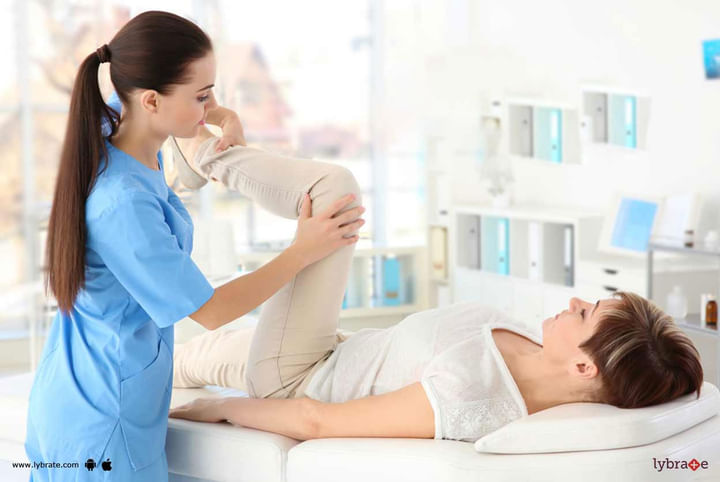Get the App
For Doctors
Login/Sign-up
Last Updated: Jan 06, 2020
BookMark
Report
Orthopaedic Problems - How To Avert Them?
Dr. Amit GangurdeOrthopedic Doctor • 27 Years Exp.MBBS, Diploma In Orthopaedics, Fellowship In Joint Replacement
Any condition that affects the functioning of the bones, joints, ligaments or muscles is categorized as an orthopaedic issue. This includes whiplash, joint pain, torn cartilage, fibromyalgia etc. Most of these conditions can be easily treated. The good news is that with a little care, they can be prevented as well. Here are a few tips:
- Eat Right: Having a well-balanced, healthy diet is key to preventing orthopaedic trouble. Amongst vitamins, vitamin D is the most important for bone health. This vitamin helps the body to absorb calcium from food. Amongst minerals, calcium is most important. This mineral is essential for good bone density and can help reduce the risk of fracturing a bone.
- Exercise Right: Exercise helps boost flexibility and keeps your joints supple. This also improves your body balance and keeps you away from being clumsy. Along with this, exercise also strengthens the muscles. Walking and swimming are great exercises for bone health. You could also try yoga. When practising yoga, it is important to perform each asana correctly. For this reason, it is a good idea to learn the art of yoga from a certified teacher.
- Wear the right shoes: Shoes play an important role in cushioning your feet and supporting your knee joint. The knee joint, in fact, one of the most susceptible to joint trouble. For this reason, it is important to wear the right shoes. Walking and running shoes should ideally be light, have a thick, well-cushioned sole and fit right. Do not wear shoes that are too small or too big for your feet.
- Drink plenty of water: Water keeps the body hydrated and aids in the absorption of nutrients from your diet. If you do not drink enough water, the body will not be able to digest food. This will keep you from getting the vitamins and minerals you need even though your diet may be rich in them. Ideally, one should drink 8-10 glasses of water a day. Any other liquid such as tea, coffee, soft drinks etc. cannot be used as a substitute for water.
- Maintain the right posture: The way you walk, sit, lift objects etc. also affects your bone health. Do not drag your feet but lift them with each step while walking. Bend your knees when bending. Do not lift heavy weights from a standing position. Bend your knees while keeping your back straight and then lift the object. To keep pressure from falling on your spine, tighten your stomach muscles.
Most people start suffering from some type of orthopaedic disorder as they enter into their forties. Since most orthopaedic problems are degenerative in nature or limit normal movement, it is best to know how to prevent their onset. A commitment towards leading a healthy life, which includes a good diet and daily exercise, often goes a long way in keeping us fit and active.
In case you have a concern or query you can always consult a specialist & get answers to your questions!


+1.svg)
